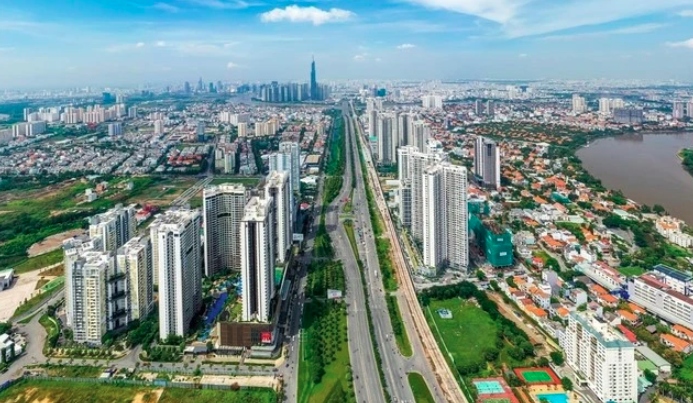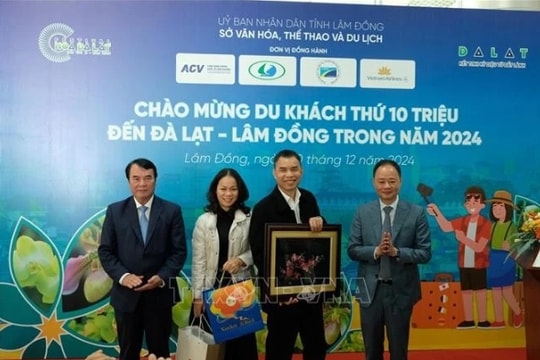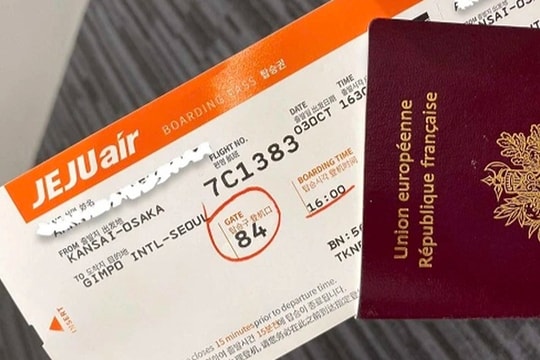
Tran Ngoc Liem, director of the Vietnam Chamber of Commerce and Industry's Ho Chi Minh City branch, said the real estate market is one of the pillars of the country's economy. Not only that, it also helps attract foreign investment, opening up many new cooperation opportunities for the domestic business community. In many localities, real estate makes a large contribution to the Government budget and accounts for a significant proportion of the regional economy.
The Land Law, Housing Law and Real Estate Business Law are expected to take effect from next month. The rapid implementation of these laws will create conditions for the market to recover quickly and remove bottlenecks, Liem added.
These changes will be a major turning point, opening up many new opportunities for the real estate sector in particular and the economy in general. In addition, these laws are also expected to resolve outstanding problems, free up resources for new projects, and make the real estate market more transparent. From there, they will contribute to improving the efficiency of State land management, Liem continued.
These positive changes will also help the mergers and acquisitions (M&A) market which is expected to recover in the second half of this year, with significant transactions predicted across a variety of industries.
The number of M&A deals in the first half of 2024 decreased slightly, but the transaction value increased by nearly 9% compared to the same period in 2023.
In the first six months of 2024, foreign direct investment (FDI) registered in the real estate sector in Vietnam skyrocketed 61.4% compared to the same period in 2023.
Vietnam's real estate market is attractive to foreign investors such as those from the US, Singapore, Japan, and the Republic of Korea through both M&A and FDI thanks to the potential for stable economic growth.
Industrial real estate near highways, border gates, seaports and airports, and retail real estate in central areas of major provinces and cities continue to attract the attention of investors.
In addition, foreign investors tend to seek and acquire residential real estate projects or large land funds in suburban areas or provinces and cities neighbouring large urban areas such as Hanoi and HCM City to develop housing projects.
These projects comply with green and sustainable development criteria and are popular products with many investors.
In the coming time, many comprehensive changes in regulations will make it easier for investors to compensate residents and clear land. Accordingly, land prices will increase, both creating benefits for land owners and helping to reduce difficulties for investors in the compensation process for projects.
The Land Law 2024 will add more benefits for foreign investors such as receiving transfer of land use rights in industrial parks, industrial clusters and high-tech zones, and expanding the methods of receiving land use rights for foreign invested enterprises.



















.jpg)




